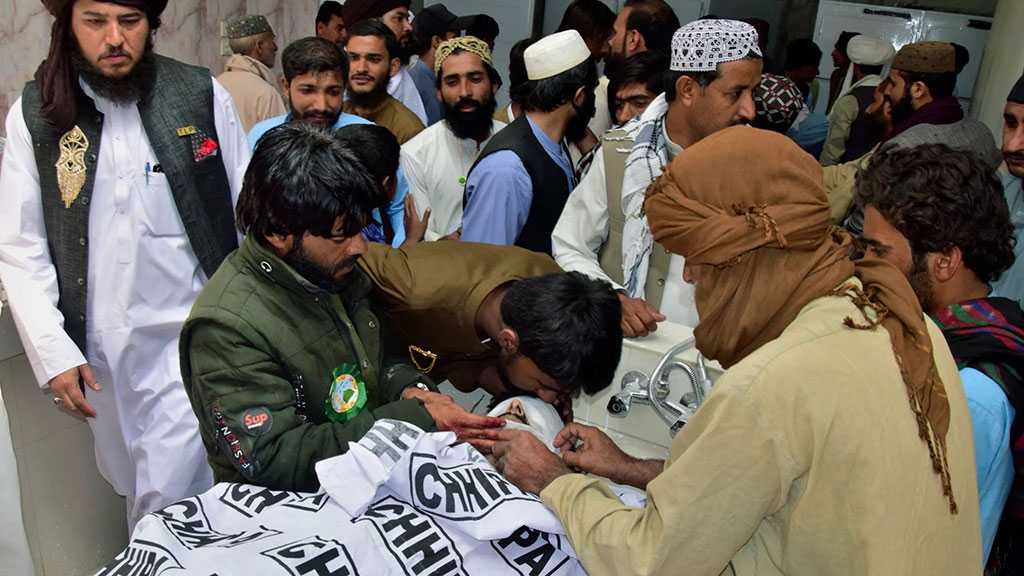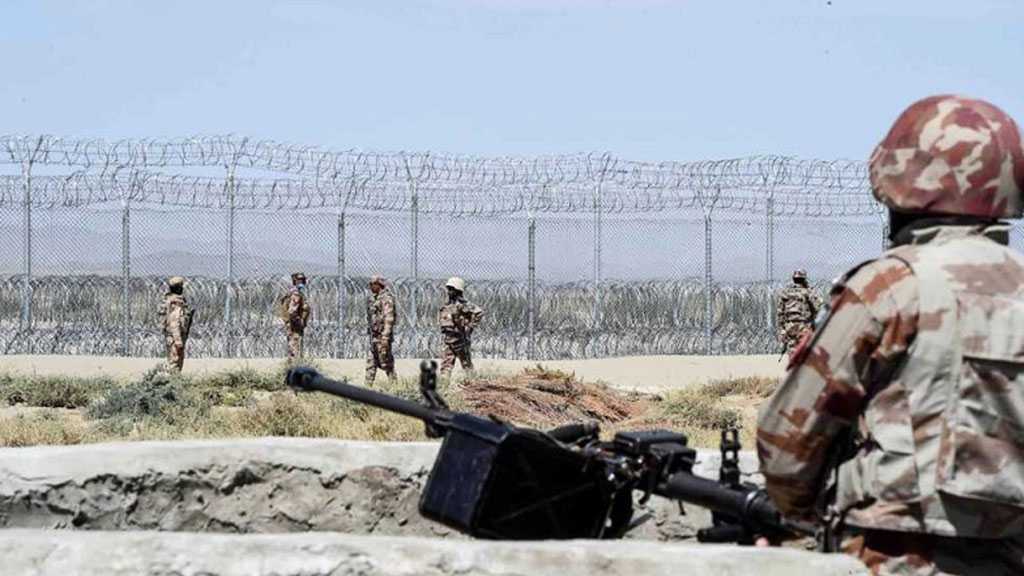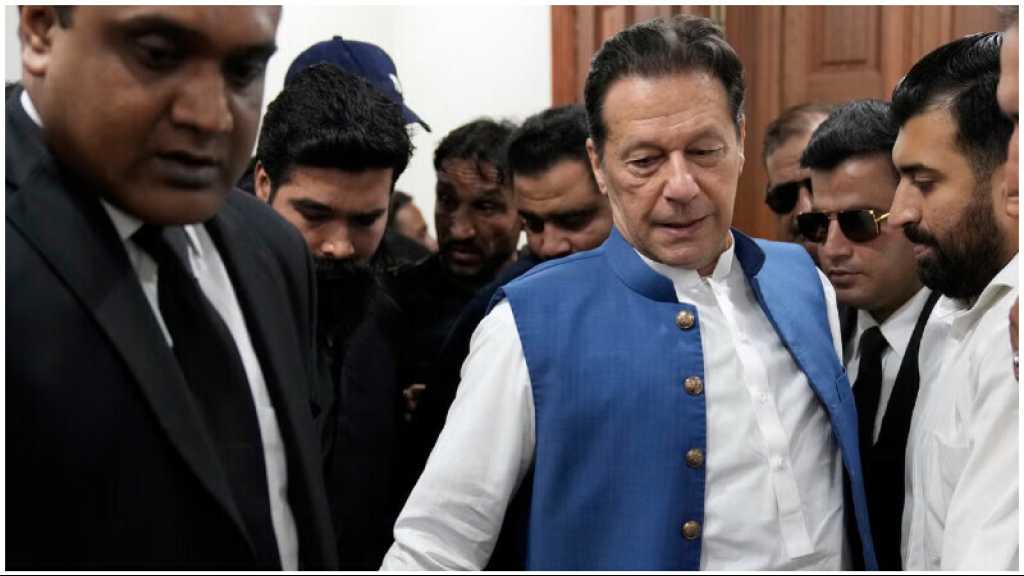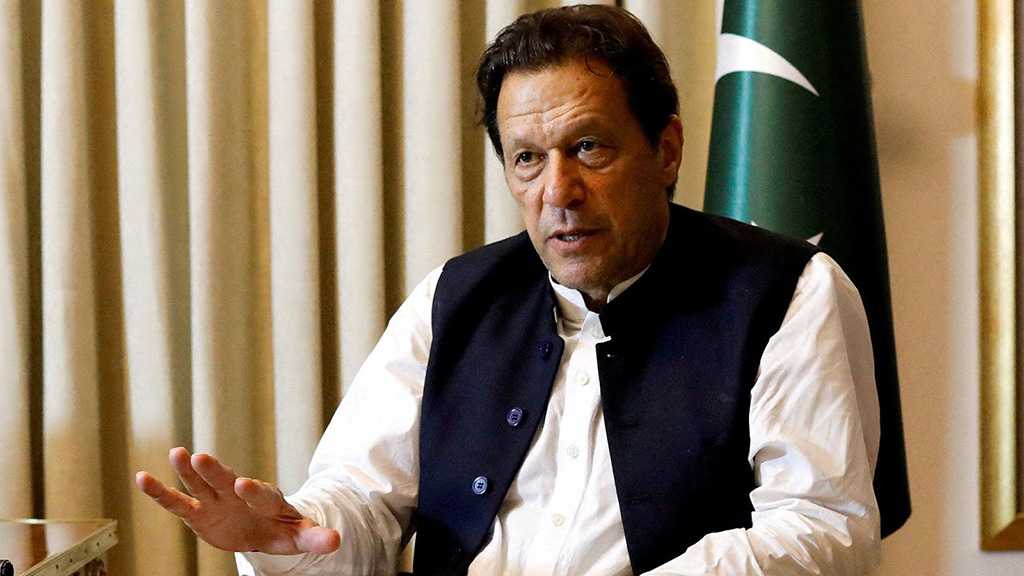
Pakistan Slams Biden-Modi Talks As “Misleading, Unwarranted”
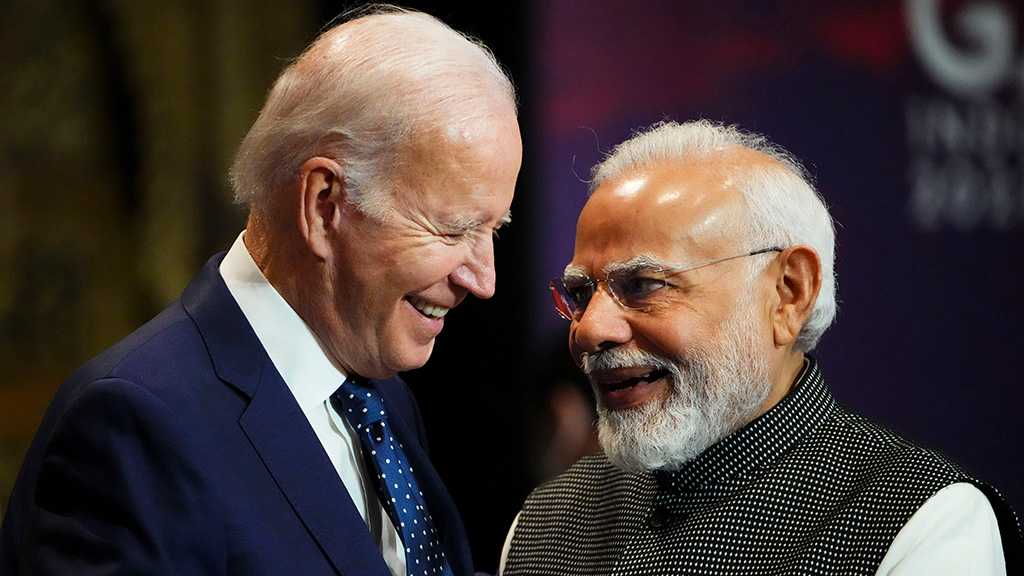
By Staff, Agencies
Pakistan has blasted as “unwarranted” a joint statement issued by Washington and New Delhi following a meeting at the White House between US President Joe Biden and visiting Indian Prime Minister Narendra Modi accusing it of being a base for terrorist attacks.
Pakistan's foreign ministry slammed the joint statement on Friday as "unwarranted, one-sided and misleading," insisting in an official statement that its reference to Islamabad went against diplomatic norms.
Islamabad also emphasized that New Delhi was using extremism allegations against it in effort to deflect attention from the oppressive conditions in the India-controlled and majority Muslim Kashmir and the unjust and discriminatory treatment of minorities across India.
The ministry further expressed surprise at the joint statement by noting that it had maintained a “close counter-terrorism cooperation” with the United States.
"They [Biden and Modi] strongly condemned cross-border terrorism, the use of terrorist proxies and urged Pakistan to take immediate steps to ensure that no territory under its control is not used to carry out terrorist attacks," the joint US-India statement proclaimed.
India-Pakistan relations have remained tense for decades. Since independence from Britain in 1947, India and Pakistan have fought three wars, two over the Muslim-majority Himalayan region of Kashmir, which both fully claim but partially rule.
New Delhi has for years accused Pakistan of playing accessory to militant attacks waged in India, including a massive 2008 attack in Mumbai that killed more than 165 people, although Islamabad has fiercely rejected the allegation.
India further claims that Pakistan has aided militants fighting Indian forces in the country's disputed Kashmir region since the late 1980s. Pakistan denies the accusation and insists that it only gives diplomatic and moral support to the overwhelmingly Muslim Kashmiri population seeking independence from the oppressive rule of the nationalist Hindu government in India.
The special status given to the Indian state of Jammu and Kashmir was revoked in 2019 after New Delhi was divided into two federally controlled territories. Pakistan calls such measures illegal and demands their withdrawal.
Biden, meanwhile, rolled out the red carpet for Modi on Thursday, with both leaders touting the military and trade deals they have struck aimed at countering China's global influence. Pakistan has also expressed "deep concern" for the planned transfer of advanced US military technology to India, saying such moves would not be helpful in achieving peace in South Asia.
Dozens of US lawmakers expressed concerns on Tuesday over persisting human rights violations across India, calling on the Biden administration to raise the issue with Modi during his visit to Washington.
"A series of independent, credible reports reflect troubling signs in India toward the shrinking of political space, the rise of religious intolerance, the targeting of civil society organizations and journalists, and growing restrictions on press freedoms and internet access," the American Congress members wrote in a letter to Biden.
The letter was signed by 75 Democratic senators and House representatives urging Biden to address human rights concerns in his talks with Modi, insisting that they are important “to a successful, strong, and long-term relationship” between the two countries.
The ultra-nationalist Modi arrived in New York on Tuesday amid concerns over what is seen as a deteriorating human rights situation under his Hindu nationalist Bharatiya Janata Party [BJP].
Rights advocates, however, worry that geopolitics will overshadow human rights issues, as Washington seeks to have closer ties with India.
Ever since the right-wing Modi government gained power in India, Muslims across India continue to fall victim to hate crimes by extremist Hindu elements as well as discriminatory regulatory policies.
Opposition parties accuse the BJP government at federal and state levels of discriminating against religious minorities. Critics say Modi’s election in 2014 emboldened hard-line extremist groups that view India as a "Hindu nation" and consider its 200-million-strong Muslim minority as a foreign threat.
Comments
